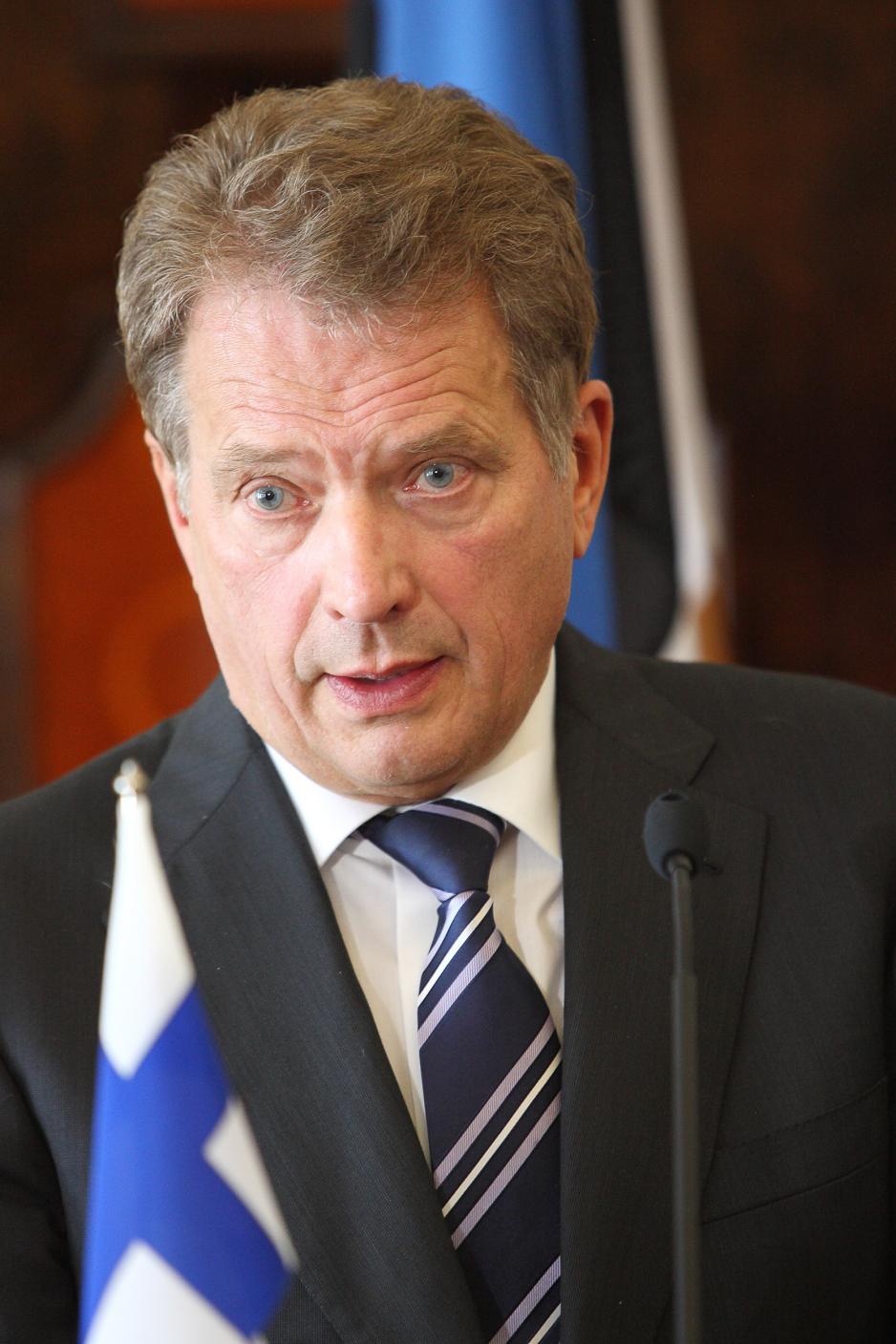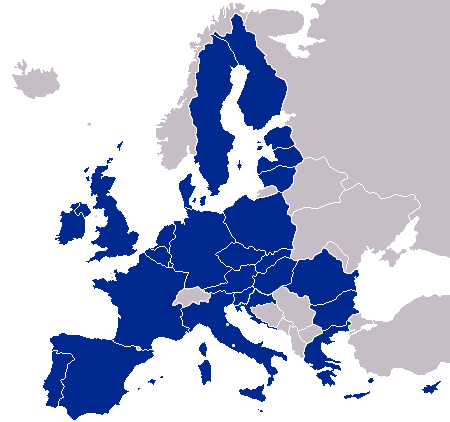Sanctions on Russia Hurting Finland's Economy

The western sanctions against Russia have had a negative impact on the economies of several European countries, according to the recently launched World Economic Situation and Prospects 2015 report. Finland is one of the countries affected.
The report on the world economic situation and prospects for next year is produced at the beginning of each year by the United Nations Department of Economic and Social Affairs (DESA).
The report, launched in New York on Wednesday, shows that the global economy have expanded at a moderate and uneven pace during 2014. However, new challenges, such as the geopolitical conflict in Ukraine, have emerged.
The crisis has led to several rounds of sanctions between Russia and leading OECD (Organisation for Economic Co-operation and Development) economies.
The full DESA-report will not be available until January next year, but the trends are already clear.
Hits Both Sides
The Russian economy, facing a recession next year, is not the only one suffering under sanctions.
Several countries in Europe are affected by the series of increasingly tough measures that the European Union, alongside the United States and other western countries, has introduced against Russia.
The sanctions are targeted at Russia’s defence, finance and energy sectors, by restricting exports of arms, double-use technology and certain equipment for the oil industry. Some of them were also introduced to curb access of Russian banks and companies to international capital markets.
- The measures have already imposed a serious toll on the Russian economy through worsening business sentiment and an outflow of capital, DESA’s report read.
Weaker Russian Import Demand
The sanctions triggered a reciprocal respons, and in August the Russian Government decided to impose counter-sanctions —most notably by imposing a one-year ban on imports of several food products.
- Weaker Russian import demand has already affected a number of EU economies, as the Russian market absorbs almost 5 per cent of the euro area’s exports, according to the DESA-report.
Finland is one of the countries affected, and the Finnish dairy cooperative Valio, the largest dairy company in the country, is one of the companies hardest hit by the import ban. Normally half of the company's exports goes to Russia.
- Half of Finland delivers to Valio, and as a consequence, every other Finnish dairy farmer suffer, Dmitry Urvankov, in the Finnish consulting company Invest Consult, told The Moscow Times earlier this autumn.
Direct losses - and consequential effects
According to the report Finland and the Baltic States will lose transit revenues, and the tourism industry will also suffer from the depreciation of the Russian currency.
The Russian ban on food imports, in turn, will mostly hurt those countries which are strongly exposed to trade with Russia, not only through direct losses by the agricultural sector, but also their consequential effects.
EU's food exports to the Russian market represents around 11 billion USD annually.
- The forgone food exports would impact the entire logistics sector, and put pressure on the states’ budgets to compensate for farmer’s losses, DESA’s report read.
Russia absorbs a significant share of the food exports from both Norway, Finland, Poland and the Baltic States.
Possible Multiplier Effect
- The loss of the Russian market may also have a multiplier effect on the region, through weaker aggregate demand in the affected countries, resulting from significant intraregional trade links, DESA’s report read.
Although the EU members will be able to file a compensation claim with the EU, and the European Commission in late August announced support measures for dairy exporters and fruit and vegetable farmers, full coverage of losses is not likely.
- Nevertheless, at the macroeconomic level, the impact of the Russian food import ban still remains to be seen. By contrast, some countries, among them Argentina, Brazil, Serbia and Turkey, as well as some CIS (Commonwealth of Independent States)economies, may benefit from the current situation, becoming alternative food product suppliers to the Russian Federation, notes the authors of the report.
Russia is Feeling the Pinch
- The affect of sanctions, combined with other losses associated with the conflict in Ukraine, is having a painful impact on the Russian economy, estimated at 100 billion USD a year, Timothy Ash, Head of Emerging Market Research for Standard Bank, London, recently stated in the bimonthly magazine The World.
- Capital flight, a key indicator of confidence, has doubled over the past six months, from a trend rate of about 50 billion USD to about 100 billion USD. The Russian Central Bank has lost 90 billion USD in foreign exchange reserves so far this year in propping up the ruble, Ash adds.
The overall message, when the DESA- report was launched in New York on Wednesday, is that the global economic growth is forecasted to increase marginally over the next two years.
The global economy is expected to grow 3.1 per cent in 2015 and 3.3 per cent in 2016, compared with an estimated growth of 2.6 per cent for 2014.
The preliminary version of the report can be found here.

